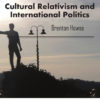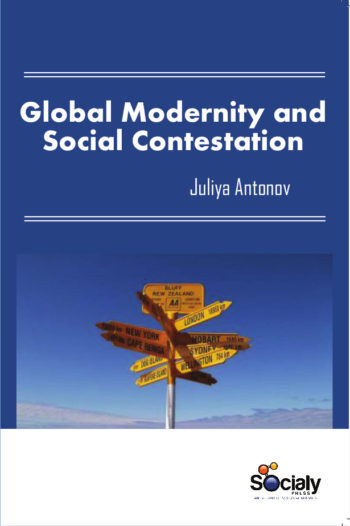Education policy is now a global matter and all the more complex for that. Globalization is profoundly altering the education policy landscape. It introduces new problems in education agendas, compresses time and space in policy processes, and revitalizes the role of a range of supra-national players in educational reform. This reterritorialization of the education policy process has important theoretical and epistemological implications. Focusing on policy adoption implies paying closer attention to, and producing more empirical research on, the processes, reasons and circumstances that explain how and why policy-makers (or other education stakeholders) select, embrace, and/or borrow global education policies, and aim to implement them in their educational realities. Looking at the adoption stage has the potential to introduce new perspectives in the study of global education policy, as well as to disentangle several aspects of the global policy debate that, in comparative education, have been often captured by the convergence-divergence dilemma.
Education Policy: Globalization, Citizenship and Democracy provides a global perspective on education policy, and of the role and function of education in the global economy. It examines education policy in relation to globalization, citizenship and democracy and shows the importance of education in building strong democratic nation states and global communities based on cultural identity and inter-cultural awareness. Surveys contemporary discussions about the role of education in a global polity, highlights key transnational policy actors, accessibly introduces research methodologies, and outlines global agendas for education reform. It shows the importance of education in building strong democratic nation states and global communities based on cultural identity and inter-cultural awareness. This book is essential reading for students of education policy studies and social policy analysis and appeal to domestic and international policy practitioners, social scientists, and education scholars alike.













